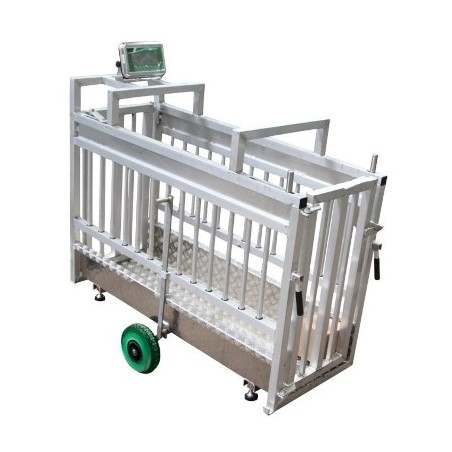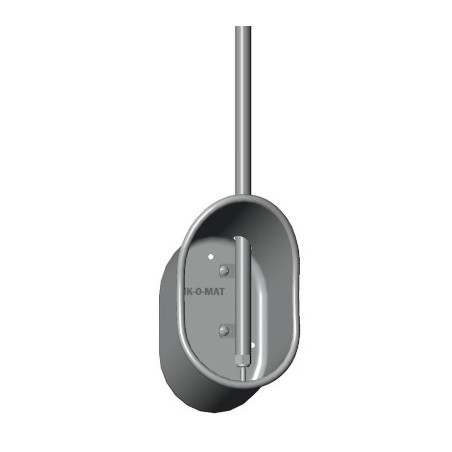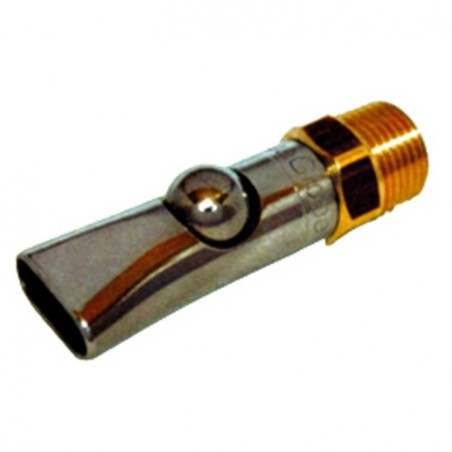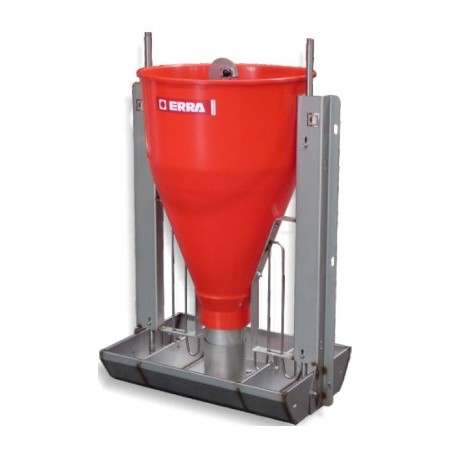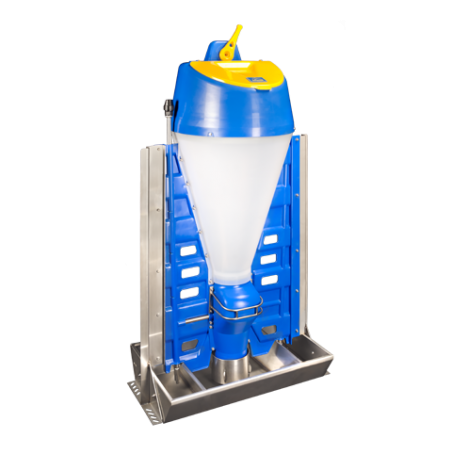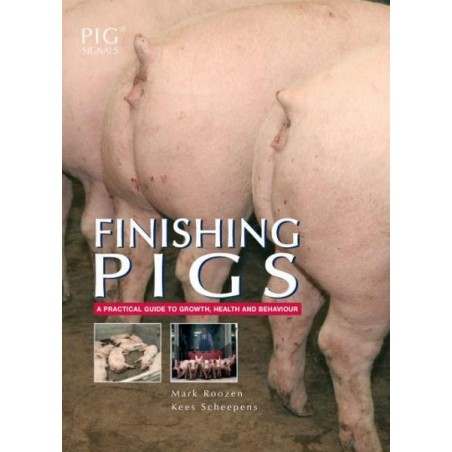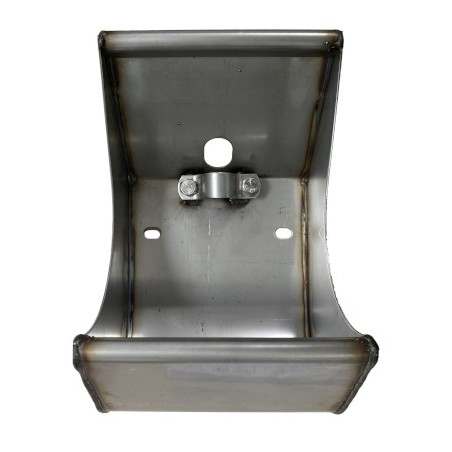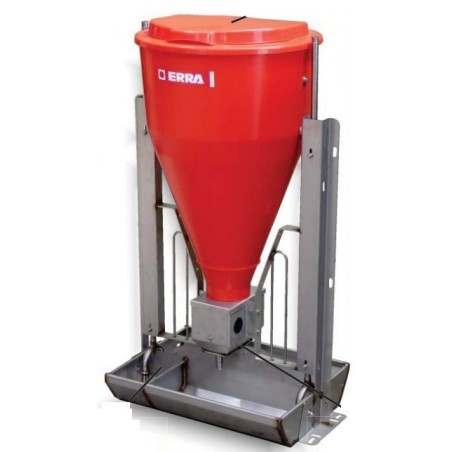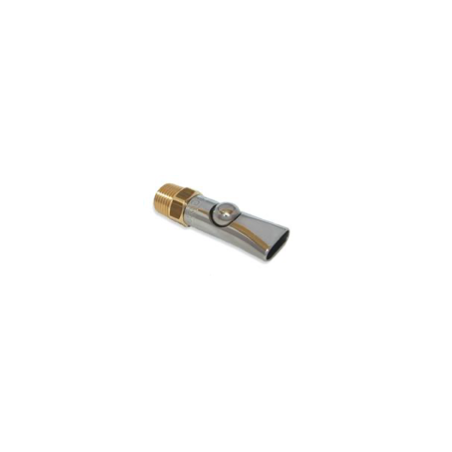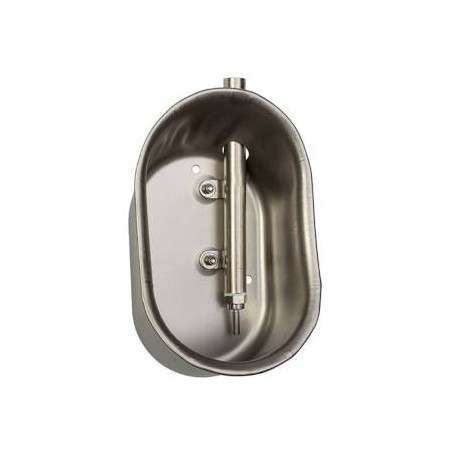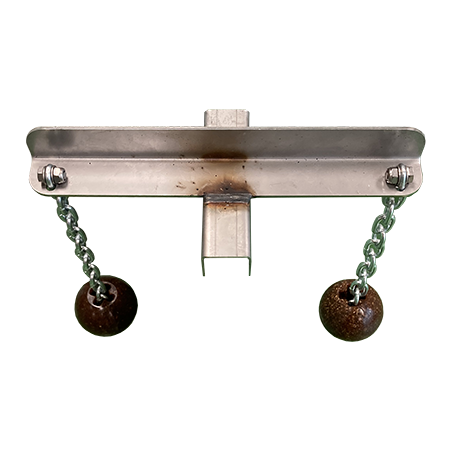Fructooligosaccharides, including inulin, are prebiotics involved in the regulation of bacterial flora, intestinal health, and metabolism in animals. In this experiment, the effect of dietary probiotic bacteria supplementation with inulin or dried Jerusalem artichoke tubers on yield, meat quality, and fatty acid composition in meat and backfat of feeders was investigated. 144 crossbred pigs were divided into six groups (8 pen/group; 3 pigs/pen) and fattened from 30 to 114 kg. Pigs in group I received standard (control) diets in both fattening periods, i.e., grower and finisher diets. Group II received 20 g/kg of inulin, and the diets for group III contained 40 g/kg of dried Jerusalem artichoke instead of maize starch. A probiotic was added in the diets in amount of 1 g/kg diets for animals in groups IV, V, and VI, in addition to the experimental factor analogous to groups I, II, and III. The meat proximate composition, pH, color, texture, shear force, water-holding capacity, sensory attributes, and thiobarbituric-acid-reactive substances were measured.
Normal post-mortem meat glycolysis was demonstrated, and no meat defects were present. The chemical constituents in muscle tissues were similar, except for intramuscular fat. The addition of the prebiotics resulted in a higher intramuscular fat level, whereas a significantly lower content was found after the probiotic supplementation. Meat from both prebiotic groups was lighter, less red, and more yellow and showed a higher hue angle. The addition of both prebiotics significantly improved the antioxidant status of meat (by approximately 16% and 18%) and the water-holding capacity (less free water and higher M/T ratios), but reduced shear force (by 17%) and hardness (by 39% and 35%, respectively). The addition of the prebiotics and probiotics had no effect on any of the evaluated sensory attributes.

In conclusion, the prebiotic supplementation of both 20 g/kg of inulin and 40 g/kg of dried Jerusalem artichoke, into the diet of finishing pigs, can be used as a feed additive, improving the quality properties of meat.
Grela ER, Świątkiewicz M, Florek M, Bąkowski M, Skiba G. Effect of inulin source and a probiotic supplement in pig diets on carcass traits, meat quality and fatty acid composition in finishing pigs. Animals. 2021; 11(8): 2438. https://doi.org/10.3390/ani11082438




